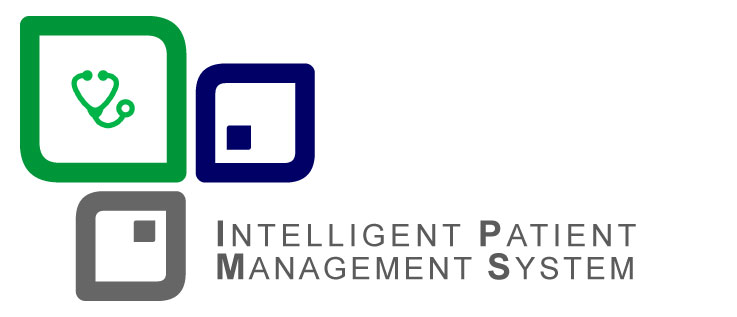Problem
Majority of healthcare providers in developing countries are paper based.
Paper-based record keeping was sufficient in the past, but the twenty-first century demands new, inventive ways. Paper-based methods have shown to be inefficient over time and have consistently failed to satisfy the demands of healthcare providers. With paper-based medical record keeping:
- Communication between care providers is extremely difficult
- No access to medical history
- Time-consuming and inefficient in both entering new data or retrieving data.
Aim
To develop an intelligent patient management system using artificial intelligence tools and expertise knowledge that provide:
- Accurate and complete patients’ data
- Patient medical history
- Better co-ordination among the different departments.
- Provide top management a single point of control.
- Help clinicians in better decision making
Benefits
Medical systems would increase clinical note readability and give drug ordering decision assistance, including allergy alerts and drug incompatibilities.

They also send out reminders to prescribe medications and provide immunizations, as well as alerts when lab results are aberrant. Also help in reducing treatment mistakes caused by incomplete paper records. Another advantage of going digital is that it reduces the possibility of poor handwriting being misinterpreted. Furthermore, they aid in programme monitoring by reporting outcomes, finances, and supplies. They aid with the management of chronic illnesses like as diabetes, hypertension, and heart failure through supporting clinical research.
When everything is digitised, backup methods are likewise simplified. Cloud backups of software systems make it easier to recover systems in the event of hardware failure or physical damage. There is also a high level of security and privacy protection necessary to comply with HIPAA regulations.
The use of a patient management system also benefits the environment. Going paperless reduces the impact on forests, decreases the amount of waste that is dumped into landfills, cuts energy use and helps lessen the impact of climate change.
Team
-
Prof. Dr. Dhiya Al-Jumaily
(Professor of Artificial Intelligence)
-
Prof. Dr. Mohammed Al-Jumaily
(Neurosurgeon and Spinal Surgeon)
-
Dr. Abdullah Yasser
(Specialty Doctor Retina and Glaucoma)
-
Abbas Saad Alatrany

